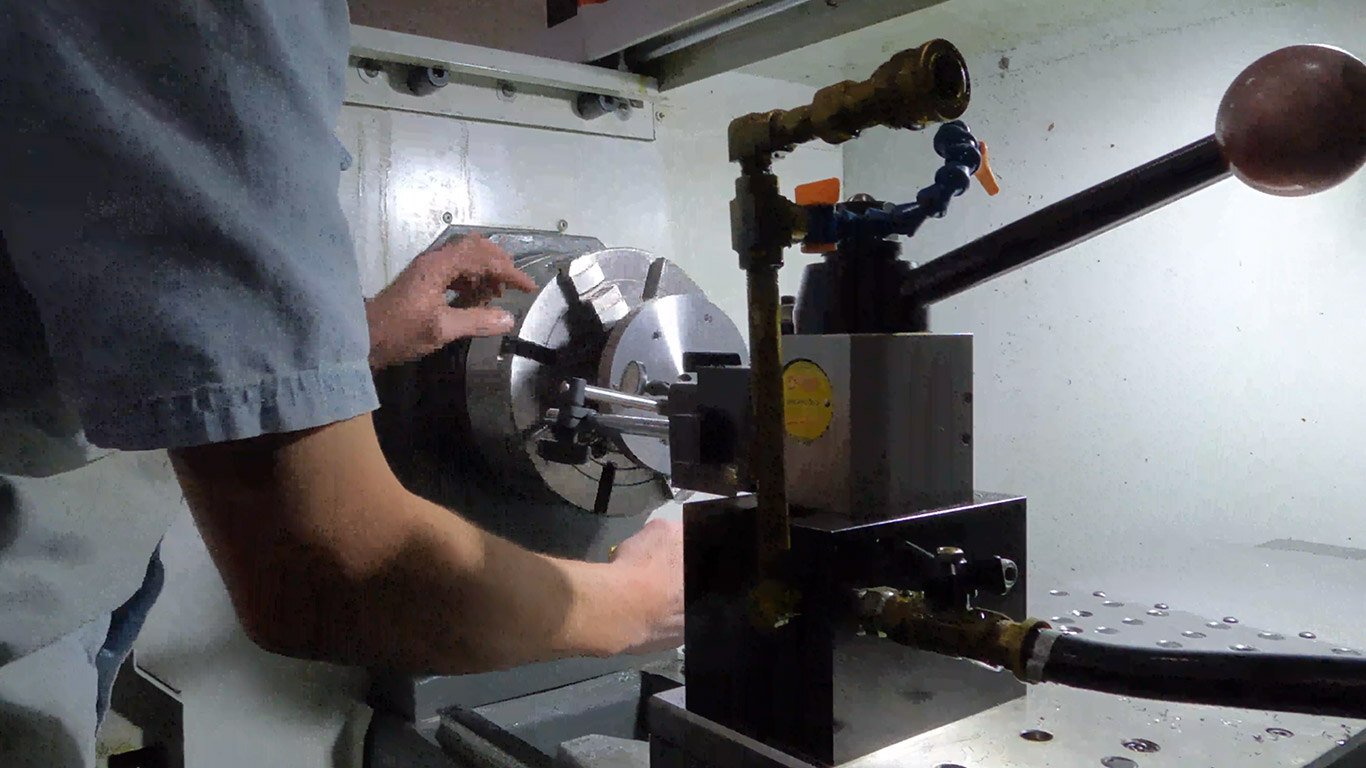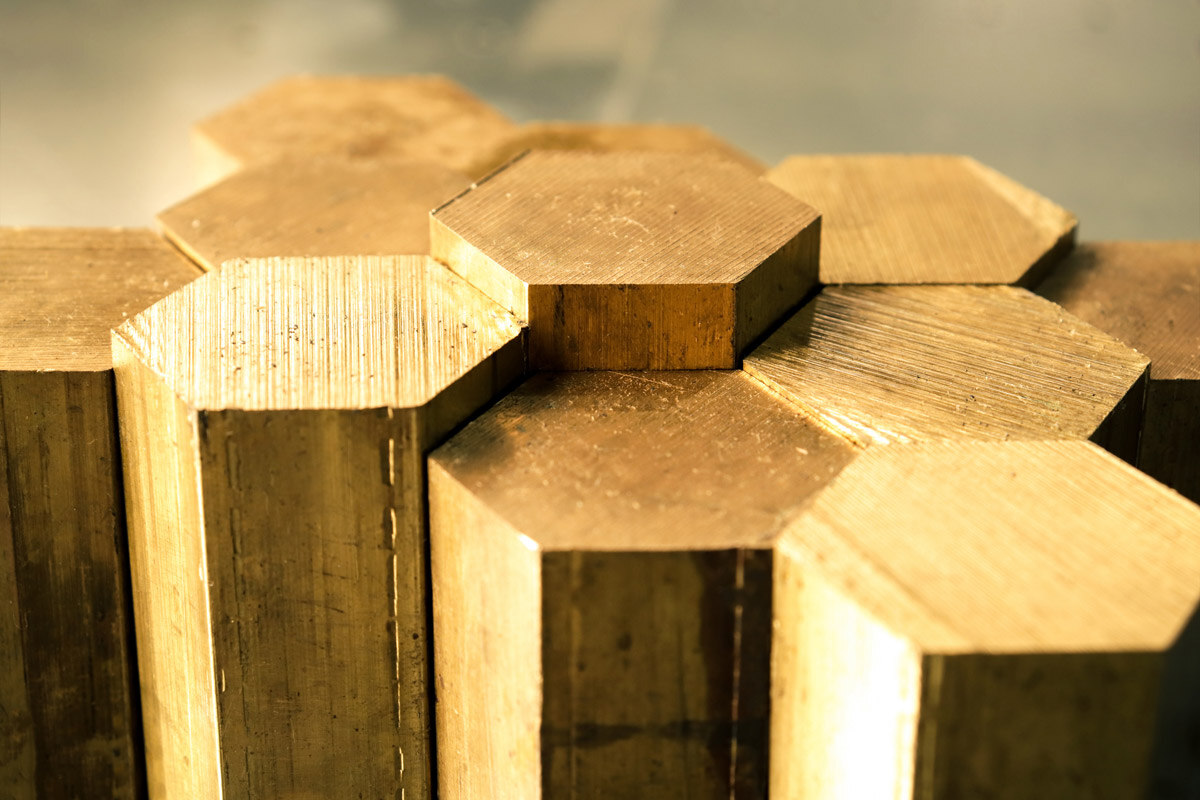Materials
Brass in Metal Spinning
Metal spinning is a versatile and highly efficient forming process, essential across many industries for its ability to create perfectly shaped parts from a variety of materials. Among these materials, brass stands out for its unique properties and wide range of applications.
Request a QuoteLorem ipsum dolor sit amet, consectetur adipiscing elit, sed do eiusmod tempor incididtat non proident.
Made in the USA since 1981.
Why Choose Brass?
Brass is an alloy primarily composed of copper and zinc. The proportions of these elements vary to produce different types of brass, each with specific characteristics. Valued for thousands of years, it remains popular for its workability, durability, and visual appeal. From agriculture and energy to food processing, medical equipment, and many others, a broad range of industries use brass for its corrosion resistance, antimicrobial properties, and aesthetic qualities, among other benefits.
Key Characteristics of Brass
Brass offers several advantages, making it an ideal material for metal spinning:
Corrosion Resistance
Brass inherits the corrosion-resistant properties of copper, making it durable in various environments.
Thermal and Electrical Conductivity
Like copper, brass conducts heat and electricity efficiently, which is beneficial for specific industrial applications.
Workability
Brass is highly malleable and ductile, allowing it to be easily formed into complex shapes during the metal spinning process.
Aesthetic Appeal
Brass’s attractive, golden appearance makes it a popular choice for decorative and architectural applications, as well as musical instruments.
Antimicrobial Properties
Brass is naturally antimicrobial, making it suitable for use in medical equipment and healthcare settings.
Ready to learn more? Connect with us and let’s discuss your needs.
Lorem Ipsum
Lorem Ipsum












Ready to learn more? Connect with us and let’s discuss your needs.

Materials
Applications of Brass
Brass’s combination of workability, durability, and visual appeal makes it an excellent choice for a wide range of metal products. Some of the most common applications include:
- Agricultural Equipment: Brass is often used in fittings, connectors, and other components that require resistance to corrosion and durability in harsh environments.
- Energy Sector: Brass components are valued for their conductivity and resistance to corrosion, making them ideal for electrical connectors and fittings in power generation and distribution systems.
- Food Processing Equipment: Brass’s antimicrobial properties and corrosion resistance make it suitable for use in food processing machinery and equipment.
- Furniture and Lighting: The aesthetic appeal of brass is perfect for decorative elements in furniture, as well as for light fixtures and other home decor items.
Medical and Scientific Instruments: Brass’s durability and antimicrobial qualities make it a preferred material for various medical devices and scientific instruments where hygiene and reliability are critical.
KRYTON's Brass Metal Spinning
Ready to request a quote?
We specialize in the precise spinning of brass components, delivering seamless, perfectly crafted parts on time and within budget. Whether you’re looking for components for industrial use or custom decorative items, our team has the experience and expertise to meet your requirements.
